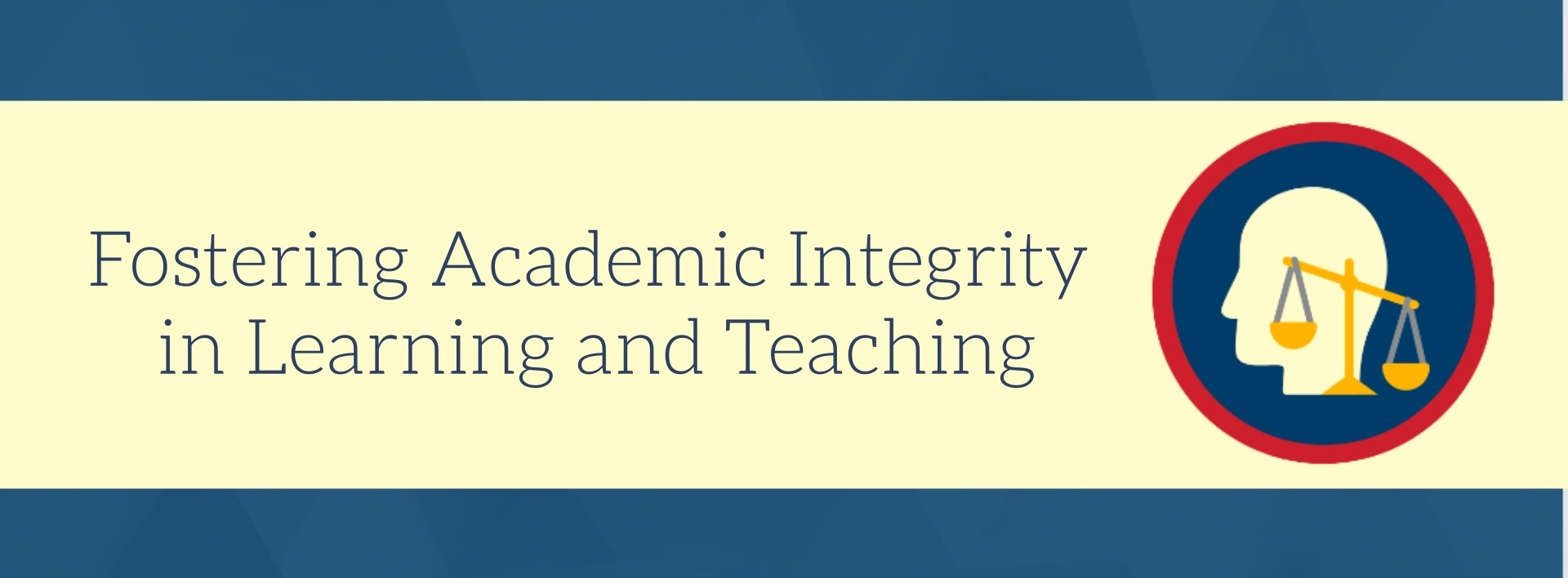In This Section
- CIRTL Homepage
- Meet our Team
- Resources
- Short Guides
- Short Guide 1: Starting Well
- Short Guide 2: Scaffolding Learning
- Short Guide 3: Icebreakers
- Short Guide 5: Discussions for Online Learning
- Short Guide 4: Visualising Thinking
- Short Guide 6: Universal Design for Learning
- Short Guide 7: Group Work
- Short Guide 8: Reimagining Practicals
- Short Guide 9: Assessment in the Age of AI
- Sustainable Development Goals Toolkit
- Group Work
- Connected Curriculum
- Civic Engagement Toolkit
- Learning Outcomes
- DigiEd Reading List
- Ethical Use of GenAI Toolkit
- Short Guides
- Professional Development
- Events
About Academic Integrity
Instances of academic misconduct have increased globally over the last couple of decades, threatening the integrity of educational institutions. A particularly worrying aspect is the proliferation of online tools and services that can be used to cheat, including the ongoing development generative artificial intelligence (GenAI) technologies that can be inappropriately used to generate content for assignments (when this is not authorised and acknowledged), contract cheating companies or 'essay mills' that target students with offers to complete their assignments for a fee, and file sharing sites that collect course materials and harvest and share students' personal data.
These forms of academic misconduct are often more difficult to detect than the old standard of copy and paste plagiarism, and they pose increased risks to both students and educational institutions.
It is vital that everyone in the University works together to promote academic integrity. This can range from informing students about the risks associated with contract cheating and file-sharing sites to highlighting key academic supports offered by UCC's Skills Centre and the Library, integrating practices that support academic integrity across the student learning journey, and redesigning assessments to lessen the possibility of cheating.
The
Fostering Academic Integrity in Learning and Teaching course is designed to support participants to develop a deeper understanding of academic integrity and UCC’s policies and procedures related to this, and to offer guidance on and resources for pedagogical approaches that promote academic integrity.
Overview of course
Those who engage with the Fostering Academic Integrity short course will be supported to:
- Identify the core principles of academic integrity.
- Describe key points of engagement or intervention across the student journey in relation to academic integrity.
- Analyse reports from plagiarism detection software from different disciplinary perspectives.
- Evaluate responses to potential academic misconduct examples based on your understanding of relevant policies and procedures.
- Reflect on your role in fostering a culture of academic integrity in the university.
Although targeted mainly at academic and academic support staff in higher education, this short course is relevant to all staff who support student learning. The course is self-paced and divided across six modules.
If you are taking this course for a UCC Digital Badge, there are a few short activities to complete as you progress through the course culminating in a 300-500 word reflection on your role in fostering academic integrity across the University. If you are not taking this for a digital badge, you can engage with the course content as you wish and do not have to complete these activities.

